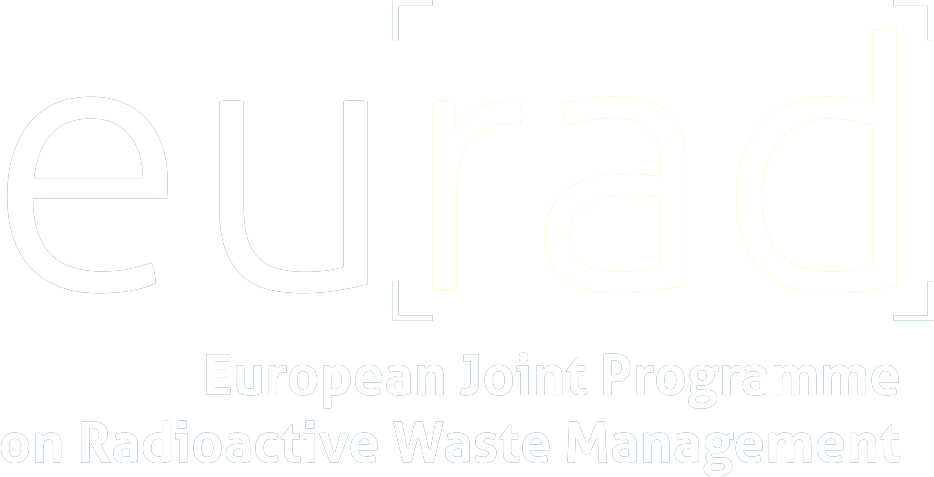Who we are?
Amphos 21 is a scientific and strategic environmental consultancy. R&D has been at the heart of Amphos 21 since its creation in 1994 and currently
accounts for around a third of our activities. It includes fundamental research, encompassing experimental and modelling approaches, the development of PhD theses in partnership with universities, and the application of our findings to client-focused solutions. Besides technical and scientific reports, the team publishes extensively in highly regarded international scientific journals.
What do we need?
We are looking for a highly motivated student interested in developing an experimental PhD thesis in the field of radionuclide thermodynamics. The aim of the PhD is to execute an experimental programme followed by extensive interpretation dealing with the behaviour and complexation of tributyl phosphate (TBP) and dibutyl phosphate (DBP) with different radionuclides under hyperalkaline conditions.
The background
As the urgency to combat the climate crisis grows, and considering recent geopolitical events, nuclear energy has been identified as a key low carbon technology for meeting growing global energy needs. One critical hurdle for the nuclear industry is the issue of waste. Geological disposal in an engineered repository is the best supported solution for nuclear waste yet remains a particularly complex challenge. Understanding the behaviour of radionuclides underpins the scientific basis for the effective isolation of nuclear waste and is the focus of this PhD. Tributylphosphate (TBP) is an organophosphate widely used in industry, in particular in UREX and PUREX processes, standard aqueous nuclear reprocessing methods for the recovery of uranium and plutonium from used nuclear fuel. As a consequence, TBP is expected to be present among wastes to be disposed in the repositories. Understanding the effect of TBP in radionuclide behaviour is then relevant in the performance assessment of the repository. However, a series of literature surveys between 2017 – 2021 identified that thermodynamic data for TBP complexation with radionuclides were extremely scarce. The use of concrete and cementitious materials for construction purposes, as backfill material or for the solidification of waste packages affects geochemical boundary conditions in the repository and buffers the pH to alkaline conditions. At those pH values TBP can degrade to dibutyl phosphate (DBP) and from this to monobutyl phosphate (MBP). The extend of this degradation process will be investigated in this PhD by a series of kinetic experiments with alkaline solutions. In a second phase of the project the complexation capacity of TBP, DBP and MBP will be studied. The solubility of certain radionuclides and other elements of interest will be investigated as a function of the organic ligand concentration at a given pH. The final goal is to generate data that can be integrated into the international thermodynamic database ThermoChimie (www.thermochimie-tdb.com). ThermoChimie
is a thermodynamic database developed by the consortium formed by Andra (French National Radioactive Waste Management Agency), Nuclear Waste Services (formerly Radioactive Waste Management Limited, UK) and Ondraf/Niras (National Agency for Radioactive Waste Management, Belgium). The purpose of the database is to provide an accurate, consistent and complete thermodynamic data set to be used in geochemical modelling of radionuclide and non-radiological pollutant behaviour. This can be in support of repository performance assessments, research activities (such as modelling experiments), or decisions about waste conditioning, reprocessing, and disposability.
What do we offer?
We offer a fully-funded PhD scholarship in the field of radionuclide thermodynamics. The project will be hosted at Amphos 21 in Barcelona, Spain, within the Radioactive Waste Management department lead by Dr. David García who will supervise the student work. The PhD. includes almost two years spent in the Clemson Environmental Radiochemistry Laboratories at Clemson University, USA under Professor Brian Powell. There is further possibility of working at other cutting-edge international laboratories as part of this project. The student will receive training in working with a range of radionuclides, including neptunium and plutonium, and laboratory instruments such as gas chromatography–mass spectrometry (GC-MS), liquid scintillation counting (LSC), attenuated total reflectance Fourier transform infrared (ATR-FTIR), high-performance liquid chromatography (HPLC), time-resolved laser fluorescence spectroscopy (TRLFS), and UV-vis spectroscopy. The candidate will have the opportunity to present their work at international conferences and in written scientific publications.
Requirements
You have an MSc in Chemistry (or related disciplines) and experience with analytical
chemistry.
You are fluent in written and spoken English (Knowledge of Spanish is a plus but
not a requirement).
The position requires a long-term stay (more than 1 year) in the United States; the
ability to commit to this travel is essential.
How to apply?
To apply for this opportunity, please send your resume to david.garcia@amphos21.com and cc lidia.oliva@amphos21.com. Please indicate in the subject of the email the position (PhD candidate – RN complexation with TBP/DBP) that you are interested in.


